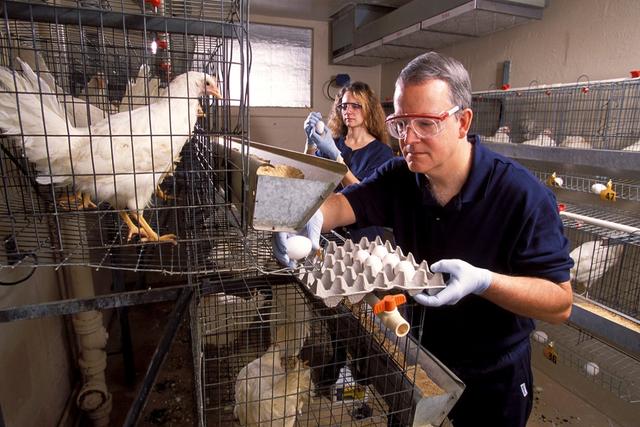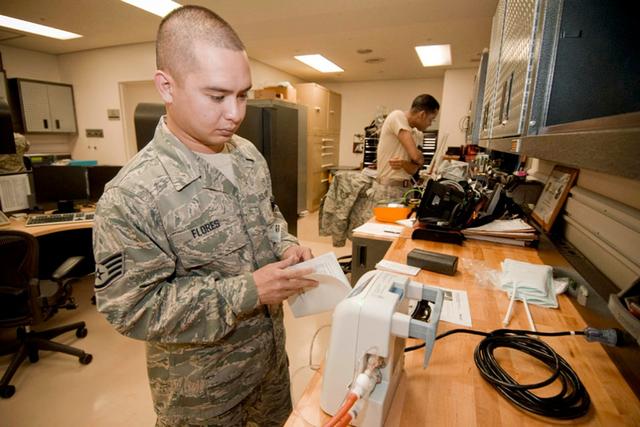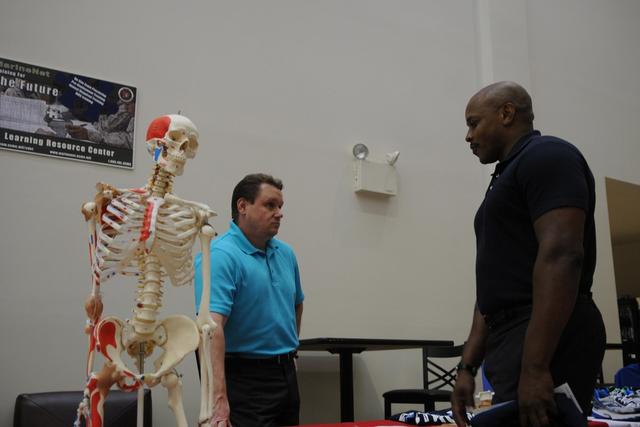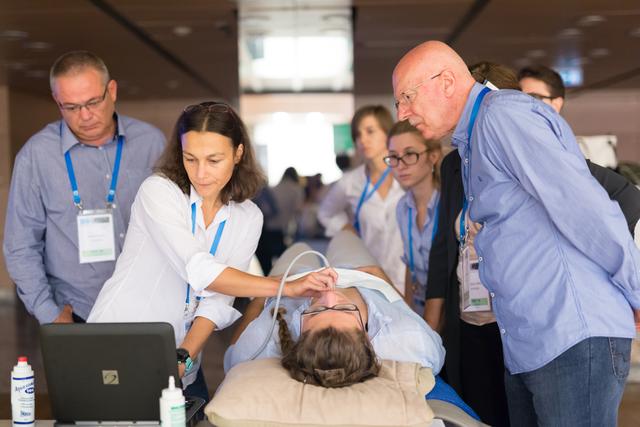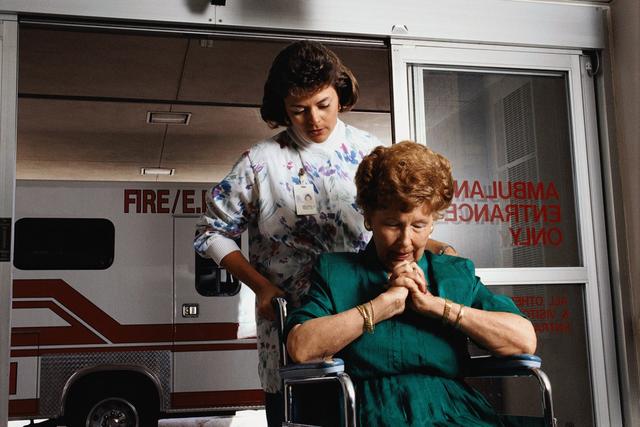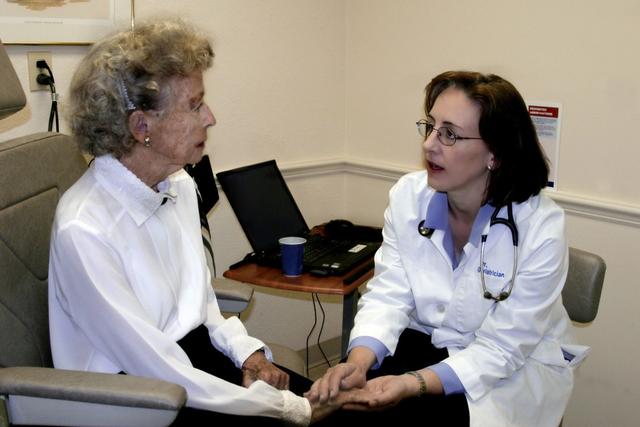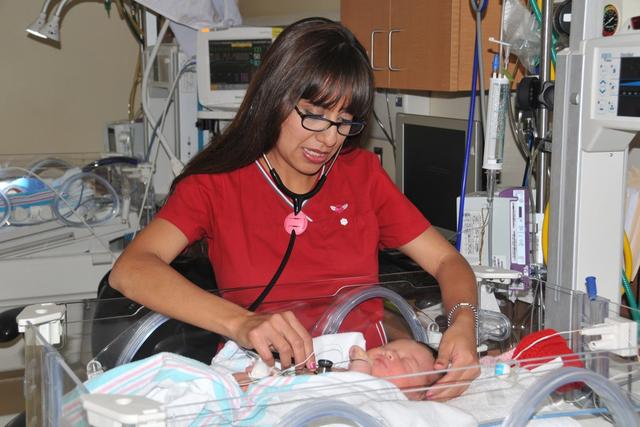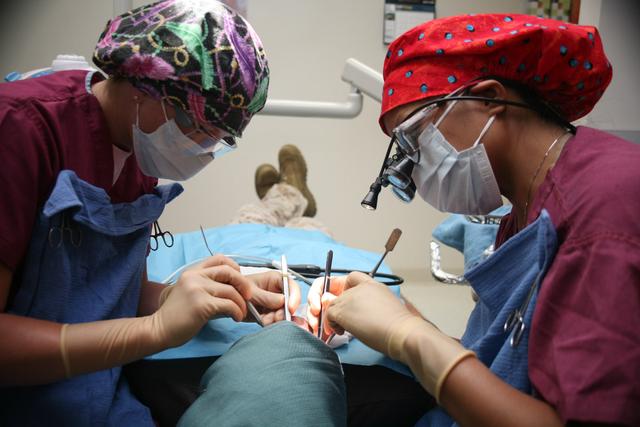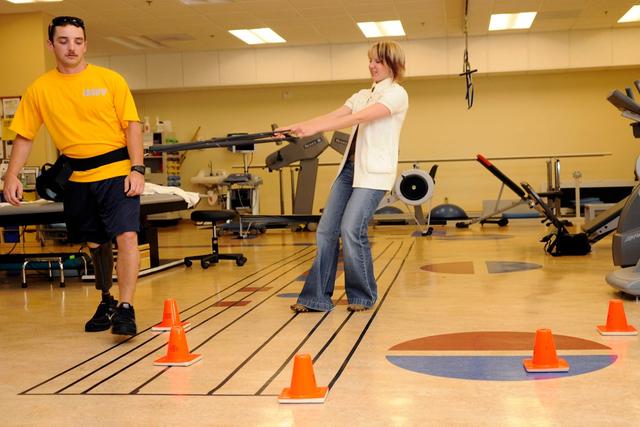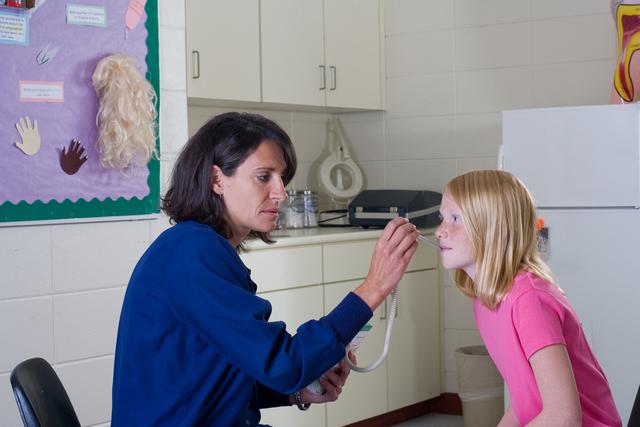Health Care Providers

Overview
Medicine is the science of healing. Practitioners diagnose, treat, and work to prevent diseases of all types in people. Early medicine began with prehistoric people who believed that supernatural powers caused diseases. These early people used techniques such as drilling holes in a patient's head to release the evil spirits. The first doctors, known as medicine men, turned to herbal concoctions, ritual dances, and incantations to heal their patients. Ancient Egyptians introduced the idea of specialization within the field of medicine and developed systematic methods for treating illnesses. Hippocrates, a Greek physician, was first to determine that natural forces cause diseases. He introduced a method of conduct and ethics for the practice of medicine. Today, physicians still recite the Hippocratic Oath upon graduating from medical school.
From early medical practices, health care has evolved and continues to develop rapidly with the discoveries of new drugs, treatments, and cures. Modern technologies, such as computers and virtual reality, are used by the medical community to perform tests, compile data, diagnose illnesses, and train professionals. Many surgeries are no longer performed with a scalpel, but with lasers. Disease, illness, and injury are now being treated and cured so successfully that the general population is living much longer and the number of elderly is increasing. The field of genetics is one area being researched by scientists with promising results.
The structure of the health care industry offers a wide variety of jobs to choose from and many different facilities in which to work, once the job is chosen. Health care providers are employed as physicians, nurses, nursing aides, technicians, technologists, therapists, and medical researchers, to name just a few. They are employed in settings that include private offices, hospitals, clinics, managed-care facilities, nursing homes, research facilities, and private homes.
Me...

